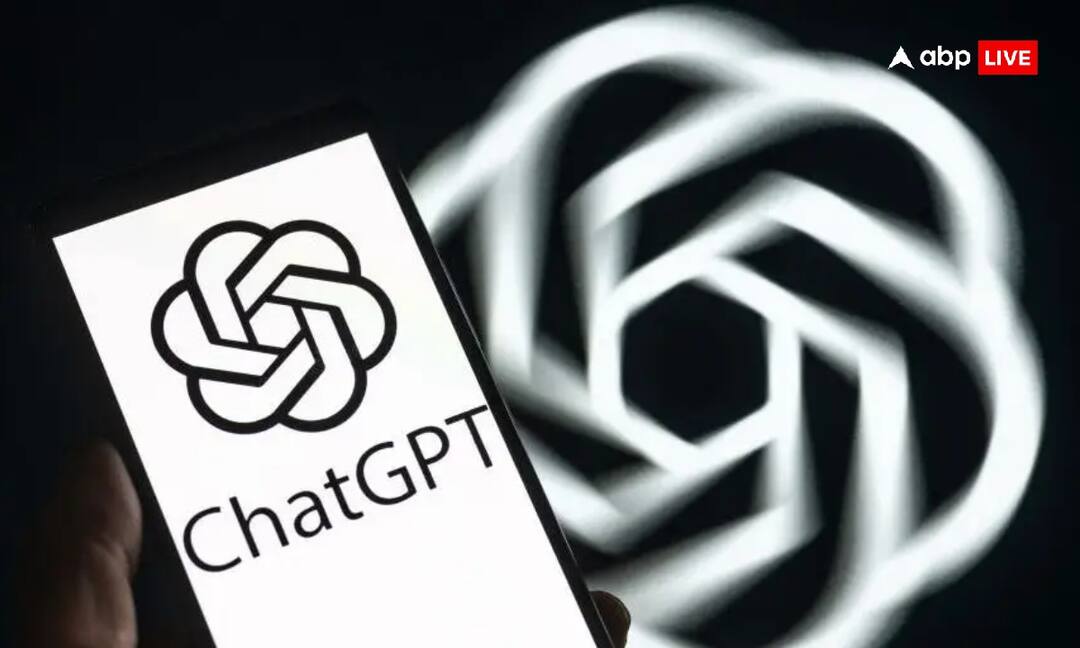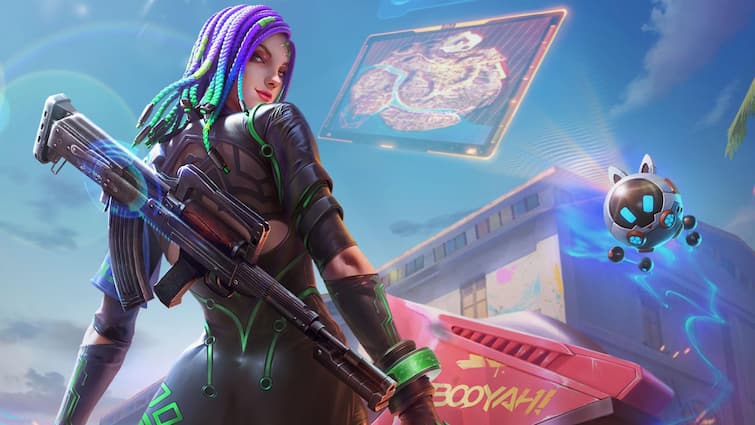A German Court has said that ChatGPT, made by OpenAI, broke copyright rules. The case was about song lyrics from popular German singer Herbert Grönemeyer and others. The court in Munich said that OpenAI used parts of nine German songs, including Groenemeyer’s famous tracks “Maenner” and “Bochum.”
The case was brought by GEMA, a group that protects music creators’ rights. As cited by Reuters, the court told OpenAI to pay damages, but the amount was not shared. GEMA said it hopes this will help artists get paid fairly when AI uses their work.
ChatGPT Copyright Case: Why The Court Ruled Against OpenAI
OpenAI said that ChatGPT does not store or copy exact song words. The company said the AI only learns patterns and writes new text when people give it a prompt.
OpenAI also said that if lyrics are copied, it’s the user’s fault, not the company’s.
But the court disagreed. It said ChatGPT both remembers and repeats parts of songs, which breaks copyright law. The judges said AI tools must follow the same laws as everyone else.
GEMA’s lawyer Kai Welp said this is a big win for songwriters. He also said he hopes OpenAI will now talk with GEMA about paying artists fairly when their songs are used by AI.
OpenAI’s Reply On The Lawsuit
GEMA’s CEO Tobias Holzmueller said, “The internet is not a self-service store, and human creativity is not free.” He said this ruling helps protect artists and shows that their work cannot be used for free by machines.
OpenAI said it does not agree with the decision and may appeal. The company also said that this case only covers a few German songs and won’t affect most users in Germany.
Experts say this could change how AI companies use copyrighted work in the future. Even in India, big Bollywood music labels have gone to court against OpenAI for using songs without permission. The fight between AI and musicians is now a global issue.


